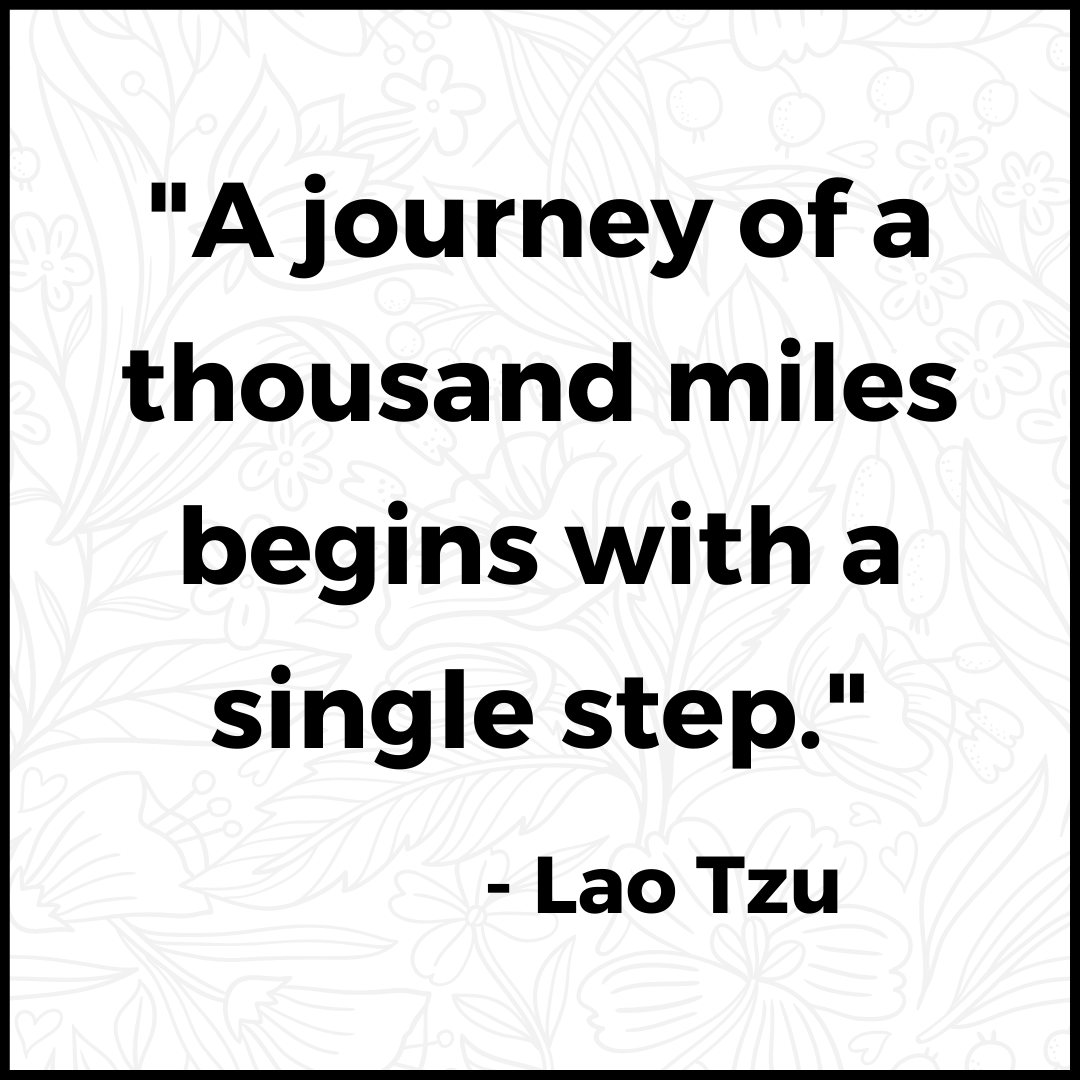81 What is the Writing Process?
What Is the Writing Process?
Think of the writing process as a journey. First, you have a destination in mind, except that yours is something like “Research Paper” or “Literacy Narrative” instead of “Lulu’s Restaurant near Gulf Shores, Alabama.” Where do you begin? You may have heard this ancient proverb, often attributed to Chinese philosopher Lao Tzu: “A journey of a thousand miles begins with a single step.” From your first step, you take another step and another one, hopefully in the general direction of your destination. 
With a sense of exploration, therefore, this chapter takes you through a commonly used set of writing steps, from “Understanding the Assignment” to “Revising.” You can undertake these steps in order, repeat some or all of them, or mix them up. After all, it’s your writing process.
That said, some novice and experienced writers find it useful to move sequentially at first: understanding the assignment, prewriting, planning, getting feedback, and revising. When a reporter first gets an assignment, for example, they will likely ask for details: When is the assignment due? What’s my target word count? What kind of story is it? That’s part of understanding the assignment. In a meeting with other reporters, they may talk about the assignment and brainstorm; those are prewriting activities. They’ll also research their topic and plan ahead before writing the piece. After submitting their article to an editor, they respond to feedback and revise before publication. The basic steps of the writing process, in short, are:
- Prewriting
- Planning
- Drafting
- Reading aloud
- Receiving feedback
- Understanding Feedback
- Revising
- Editing and proofreading
All of these steps are part of the writing process. Science-fiction writer Octavia Butler says, “Keep writing. Keep writing. It’s the old idea that behavior that gets rewarded tends to get repeated. If you stop writing, then you’re kind of rewarding yourself with not writing. If you keep writing, after a while your brain maybe gets the idea.” In other words, persist in your process, from planning to revising.
Another key point to remember is that writing is a social process through which you collaborate with others, indirectly and directly. Cultural rhetorics professor Malea Powell says that we are “a collective of connected humans, a community allied for a common purpose.” Even though we may have an image in our mind of that perfect, mythical, genius writer who is alone in their studio while composing a masterpiece, writing is social.
In other words, we do not write in isolation. Have you ever asked a friend to read a text-message before sending it? Have you ever been on the other side of that equation, giving feedback on a piece of writing? Perhaps you’ve been lost while trying to find a restaurant a friend recommended; did you use a map app for help? That app was created by people, and they’re helping you find your way. Writing takes place in social contexts, whether you’re asking for feedback, calling on the expertise of sources, or considering the best ways to connect with your audience.
One of the most rewarding steps in the writing process, therefore, is working with others. Although this step can be a little scary, sharing our writing with others can be rewarding. To take the plunge, Powell suggests that writers try to “Think about the confluence of voices. Hear that confluence. Enter it. Engage in it. Participate in it fully.” In other words, think about writing as a shared journey. While you will explore some parts of that journey on your own, there are key points along the way for collaborating with others.
The following sections suggest a few of those collaborative and individual steps, all of which are aimed at helping you navigate your own writing process. You can repeat, rearrange, and reimagine these steps as you need to. We have also included a variety of activities you can use to develop your own writing process.
